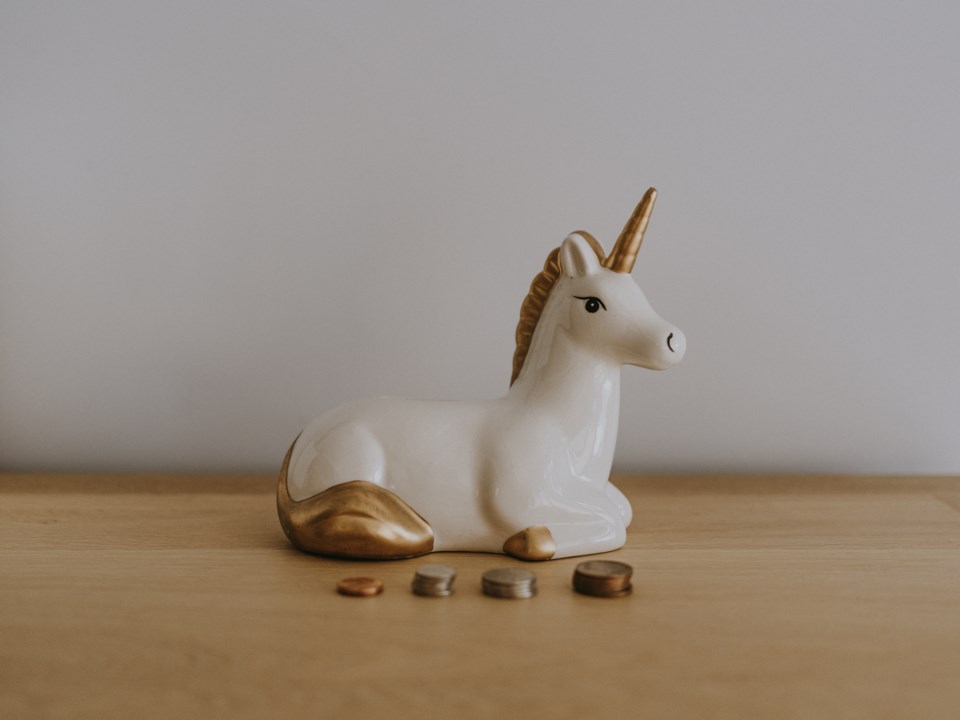Editor's note: The Longmont Leader accepts contributions, photos, and op-eds for publication from community members, business leaders and public officials on local topics. Publication will be at the discretion of the editor and published opinions do not represent the views of The Longmont Leader or its staff. To submit a contribution, email [email protected].
***
Every week I use my years of experience writing about personal finance in my blog called Mr. Money Mustache to answer some of your questions about money and life. Over time, we should be able to cover a nice broad patch of ground, and hopefully spread these useful principles throughout Longmont, just as my blog has managed to reach about 30 million people over its own lifetime.
The idea is that you send in questions to the Longmont Leader at [email protected] and I’ll answer a few of them each week
Should I have an emergency fund? If so, how much and what are good places to invest?
In a word, Yes. But in two words, it depends.
You should always have a pool of money available somewhere in your life that you can tap in order to deal with “unexpected” events because those actually happen all the time. An emergency fund protects you from running up a credit card balance that you can’t pay off in full on the next due date — and you should never, ever, ever run a credit card balance because the interest rates are at least 10 times higher than any reasonable number.
But if you currently have a credit card balance, you have the opposite of an emergency fund — you have an emergency. So you need to cut costs to the bone —I’m talking home fries and ketchup for dinner, a roommate in your spare bedroom, and pushups and walks along the St. Vrain Greenway for entertainment — until this is 100% paid off.
Once you cut costs, you’ll find your checking account starts to build up fast. There should be enough to easily cover all of your monthly spending including rent/mortgage, and it should never come close to zero, even if your paycheck is delayed or you have an unexpected expense. I suggest between $2,000 and $5,000 in this case.
At this point, you should pay off your car loan if you still have one. This will lower your stress level by dropping your monthly cash outlay and give you the flexibility to sell your car and buy a more efficient and less costly used one on short notice. But we’ll cover that strategy in a future column.
Beyond that level, I generally start investing rather than building up even more cash reserves. Increase your employer 401k or IRA contribution to the maximum level, and if you have extra money beyond that, invest it in a standard (also called “taxable”) index fund in an account at Vanguard. You can access this money on short notice, but it will tend to grow over time along with the US economy in general. Of course, long-term growth comes at the price of short-term fluctuations because the stock market can be volatile. But we are in this game for lifetime wealth, and you can increase your short-term safety by making your life less prone to “emergencies” in the first place. Which will be the subject of another future column.



